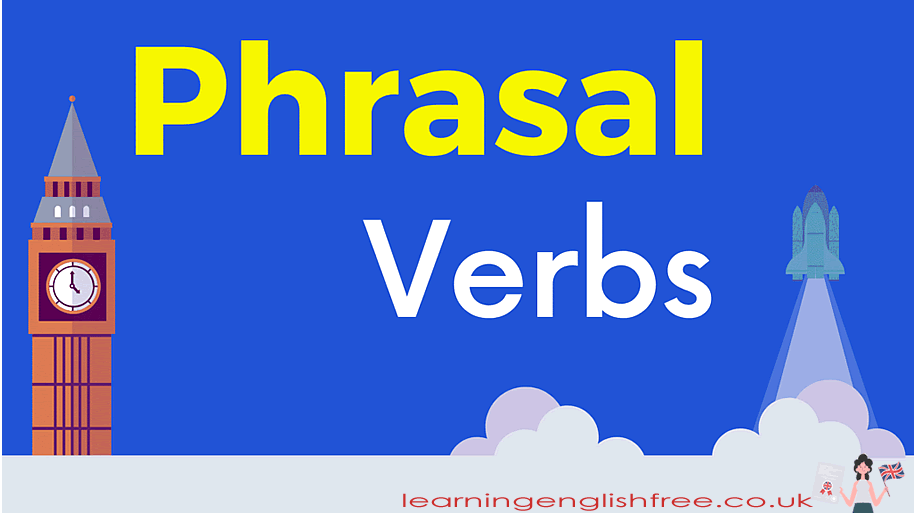
Key Insights into Phrasal Verbs: Expanding Your Vocabulary
Introduction
Phrasal verbs play a crucial role in mastering English, offering nuanced ways to express a wide array of actions and ideas. For ESL learners, gaining familiarity with phrasal verbs is a step towards fluency and confidence in everyday communication. While phrasal verbs beginning with "K" are rare, this lesson will explore key phrasal verbs across the alphabet that are vital for learners. Understanding these will enrich your vocabulary, improve your conversational skills, and help you navigate complex texts more effectively.
Due to the unique challenge presented by the letter "K", let's broaden our horizons and look at a selection of essential phrasal verbs that every English learner should know:
-
Kick off: To start or initiate (often used in the context of events or meetings).
- Example: The meeting kicked off with a brief introduction from the CEO.
-
Kick back: To relax or recline; also refers to returning a portion of money.
- Example: After a long week, I just want to kick back and watch a movie.
-
Kick out: To forcibly remove someone from a place or organization.
- Example: He was kicked out of the club for breaking the rules.
(Note: The following entries will deviate from the "K" initial but are included to provide a rich learning experience for ESL students.)
-
Look after: To take care of someone or something.
- Example: My neighbor looks after my dog when I'm away.
-
Make up: To reconcile after a disagreement or to invent a story.
- Example: They made up quickly after the argument.
-
Nail down: To finalize or secure something (like plans or agreements).
- Example: We need to nail down the details of the contract.
-
Opt out: To choose not to participate in something.
- Example: You can opt out of the marketing emails at any time.
-
Pay off: To yield good results; also, to finish paying a debt.
- Example: All his hard work paid off when he was promoted.
-
Run out of: To use all of something and have no more left.
- Example: We ran out of milk, so I need to go to the store.
-
Set up: To establish or arrange.
- Example: They set up a fund to help the victims.
-
Take on: To accept a responsibility or challenge.
- Example: She took on the leadership role without hesitation.
-
Turn down: To reject an offer or request.
- Example: He turned down the job because it required too much travel.
-
Work out: To exercise; also, to find a solution to a problem.
- Example: I work out at the gym three times a week.
-
Zero in on: To focus closely on something.
- Example: The company is zeroing in on the issue to find a solution.
Understanding and effectively using phrasal verbs can significantly enhance your English communication skills. While the quest for "K" starting phrasal verbs presents a unique challenge, the exploration of essential phrasal verbs across the alphabet offers valuable learning opportunities. Remember, mastering phrasal verbs is a gradual process that requires patience, practice, and persistence. Incorporate these expressions into your daily conversations and written communications to enrich your English vocabulary and improve your fluency.
